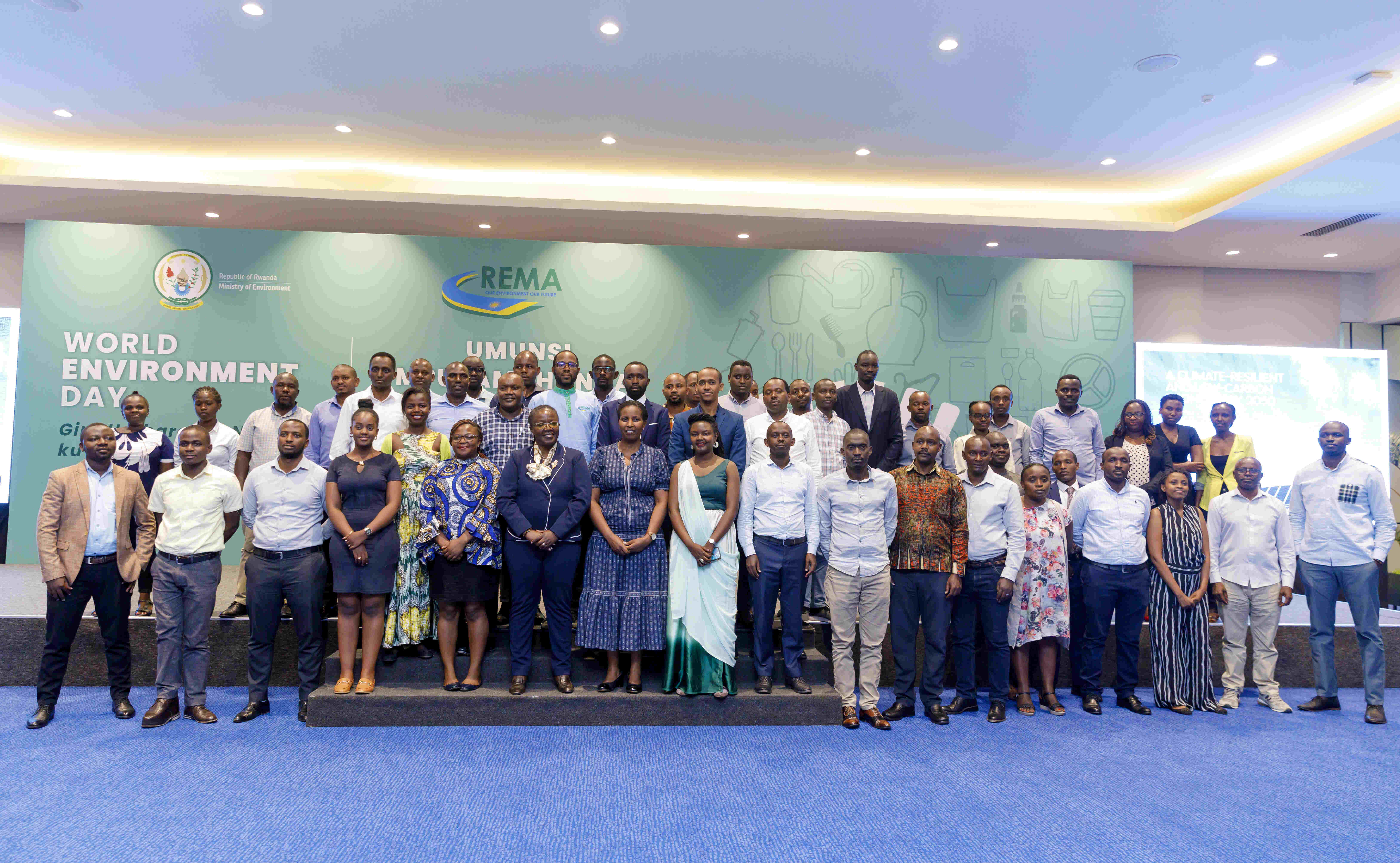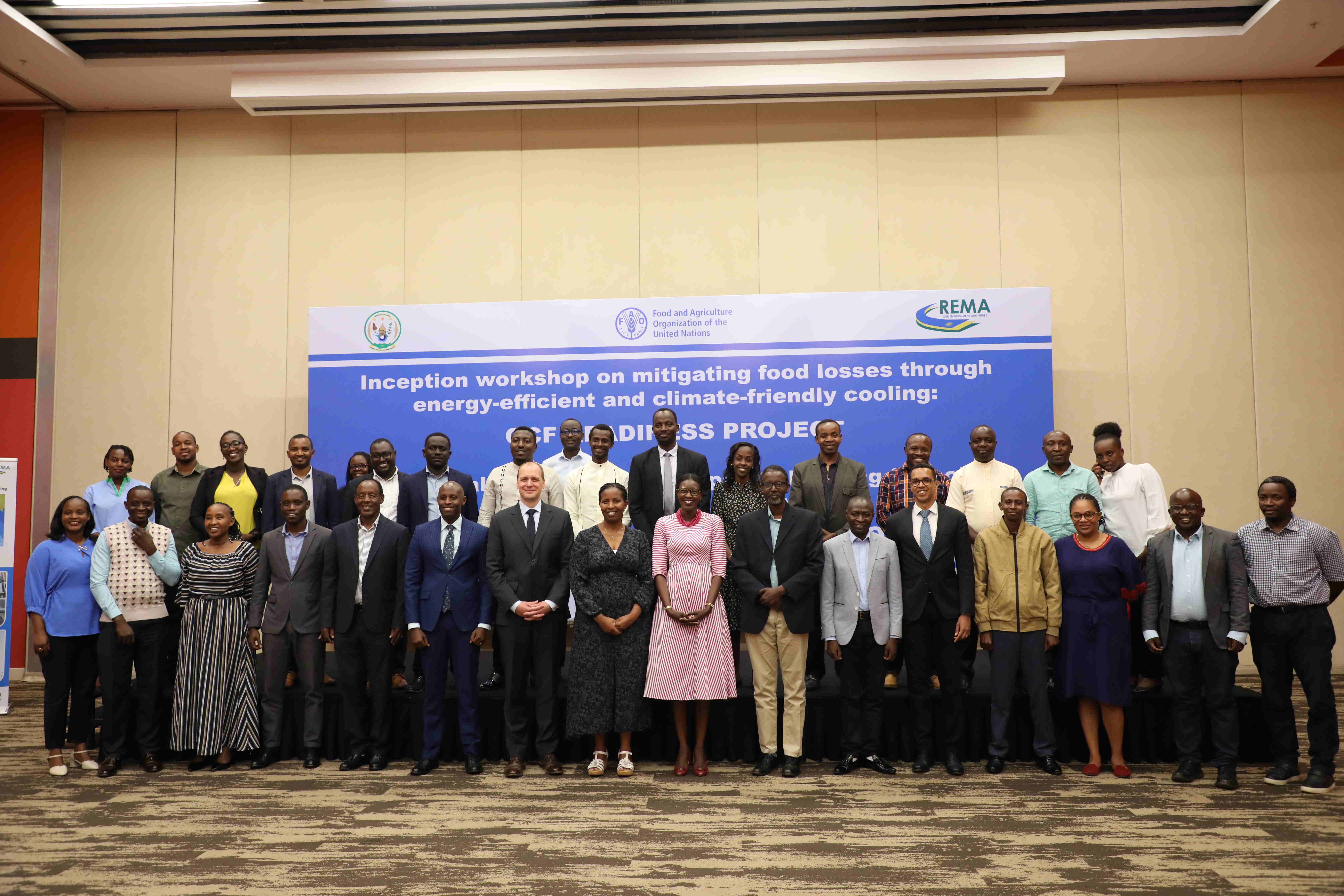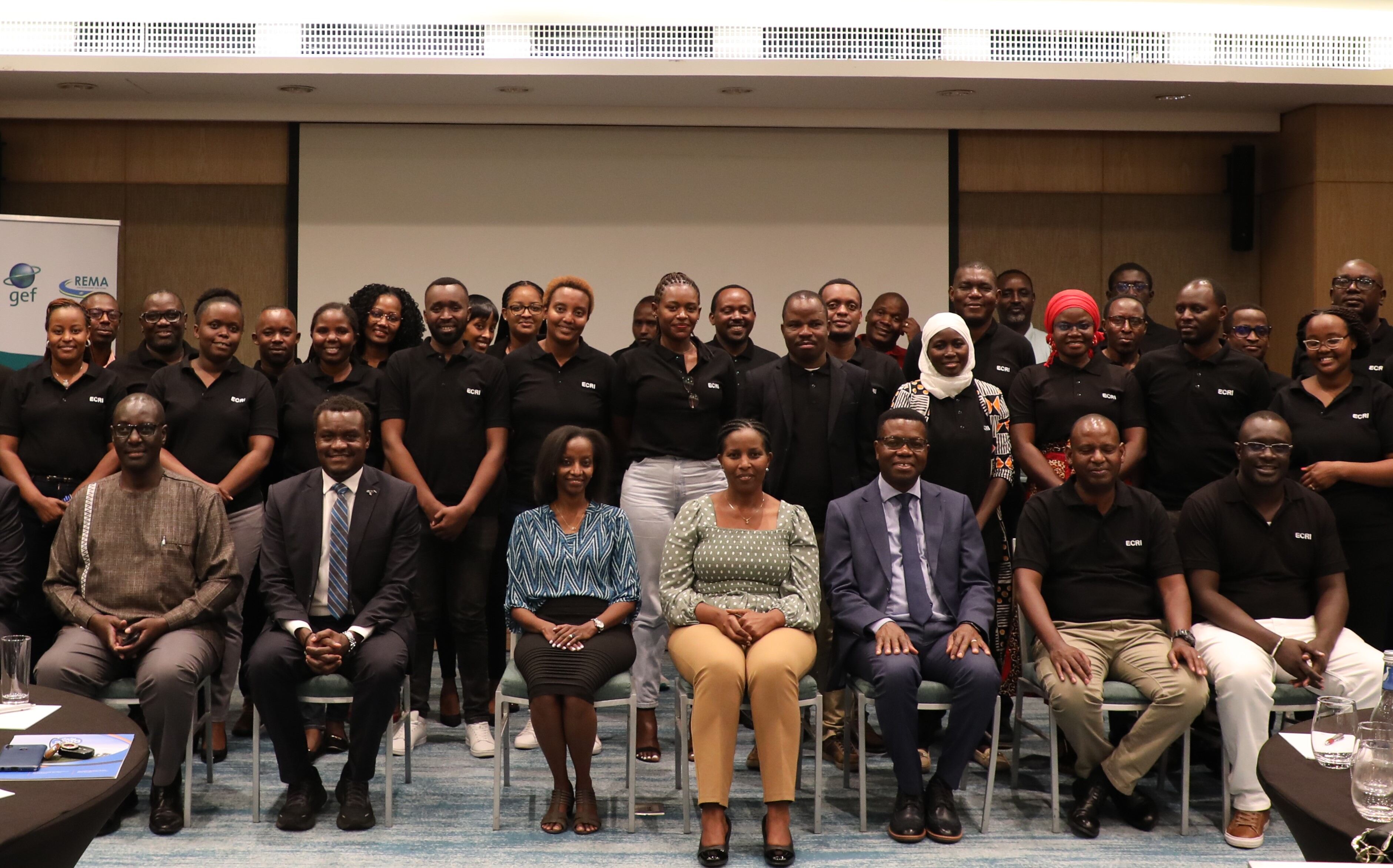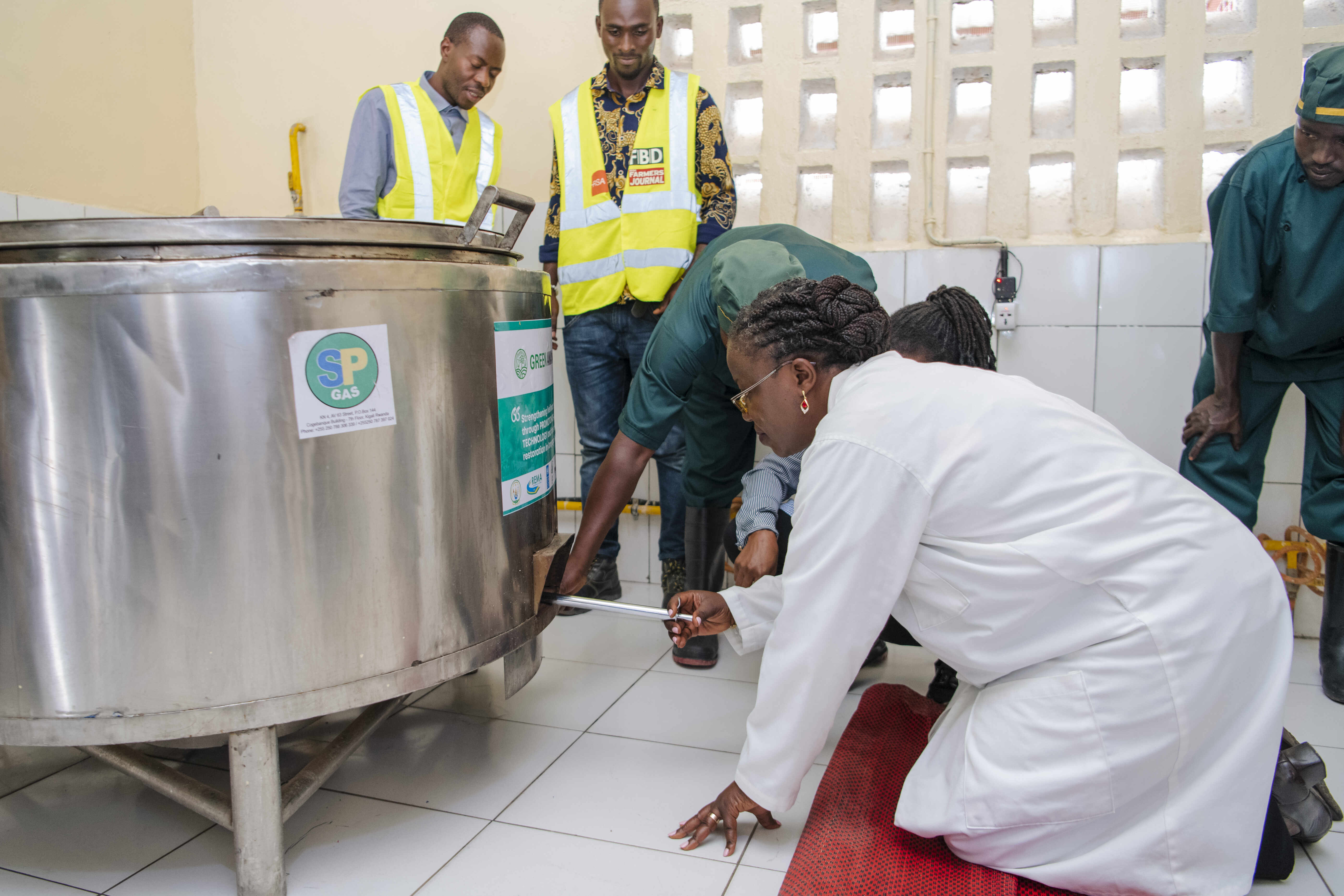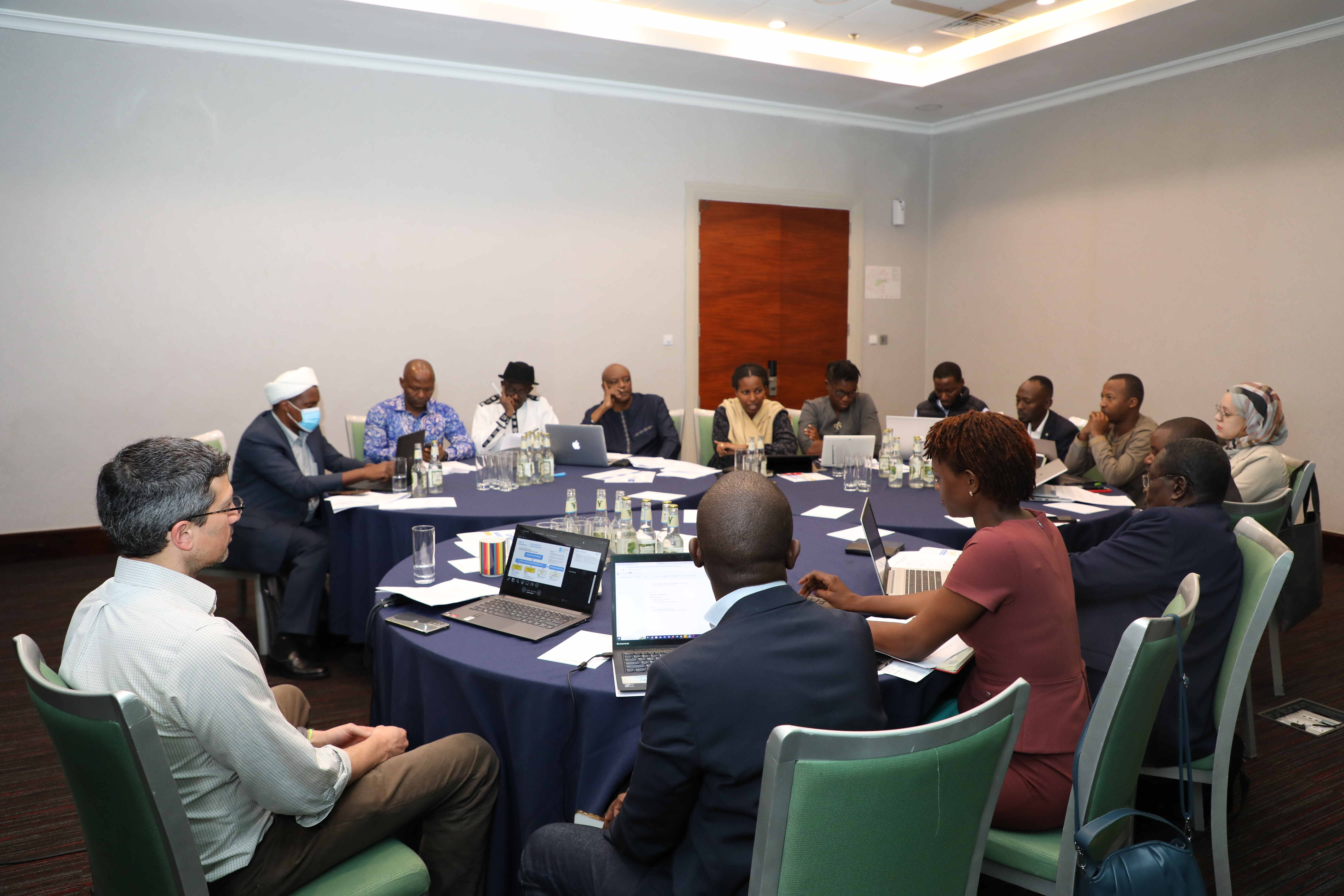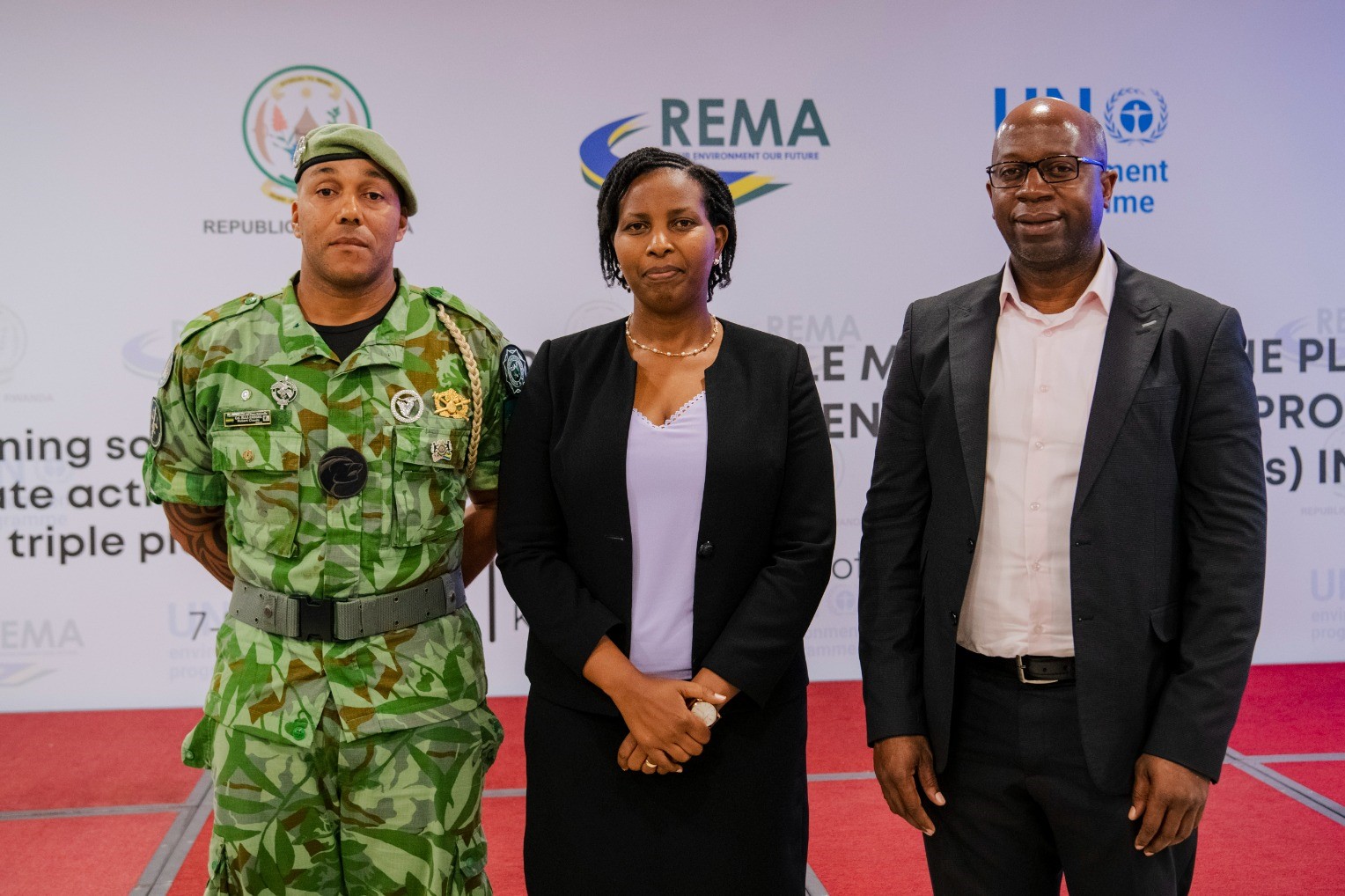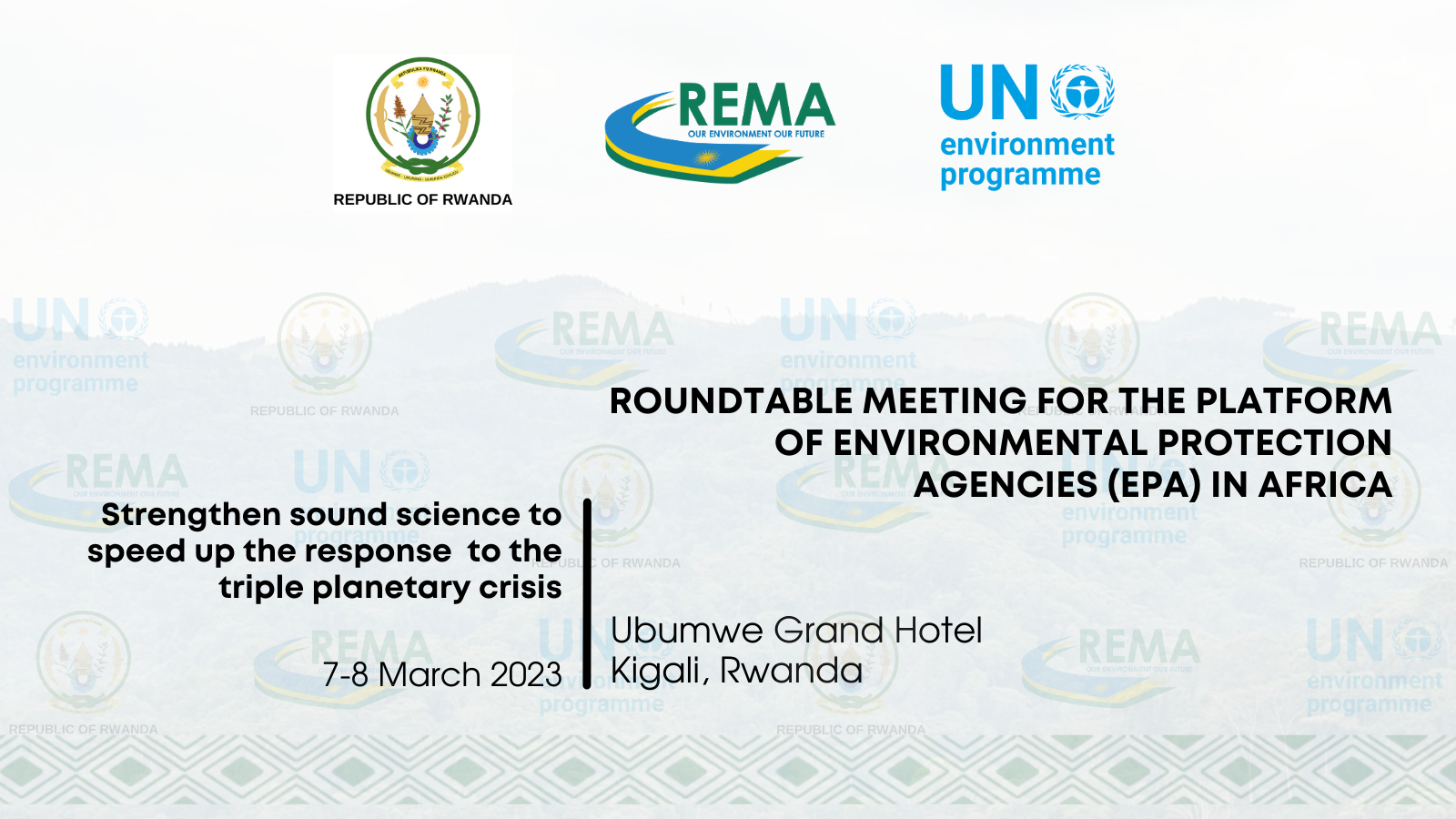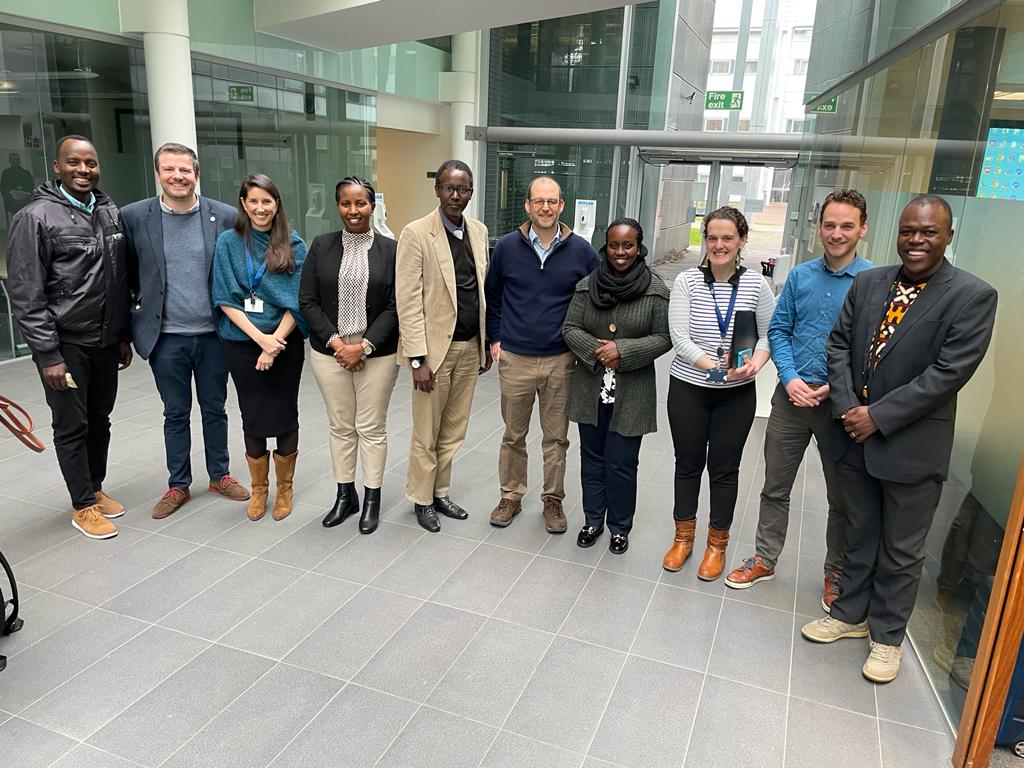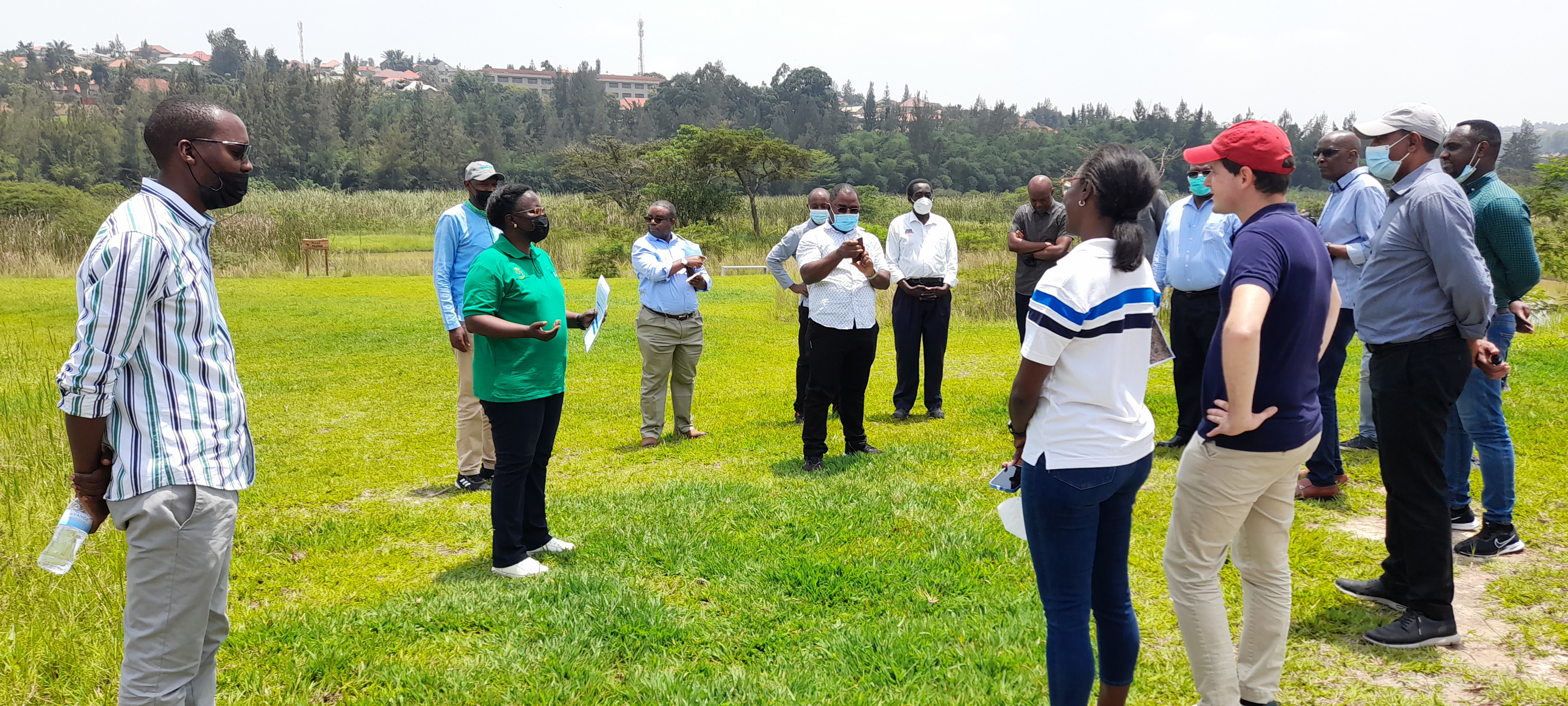
World Bank Board Members commend Rwanda’s efforts towards Environmental Protection
Seven Executive Directors and Board Members of the World Bank who recently visited Rwanda commend Rwanda’s efforts and commitment towards environmental protection and ecosystem restoration.
During their visit in Rwanda – from 16th to 19th March 2022 – they visited interventions of Rwanda Urban Development Projects (RUDP I&II) funded by the World Bank to observe the impact of both projects to local communities. The World Bank delegation visited sites of both projects to observe upgrading of Agatare informal settlement in the City of Kigali, rehabilitation of degraded wetlands in the city of Kigali, and later visited the Nyandungu Eco Park as an example of what wetlands to be rehabilitated under RUDP II could look like.
About 154,600 residents (51.7 percent female) have benefited directly from the improved infrastructure and services delivered under RUDP I Project, which upgraded approximately 111 hectares of informal settlement in Agatare Cell in the City of Kigali.
Project beneficiaries noted the decrease in transport costs and travel time, improved traffic flow, and better access to schools and markets by having access to paved roads. They also noted reduced flooding from improved drainage, improved security due to the installation of streetlights, and increased pedestrian safety from the introduction of footpaths.
The Government of Rwanda through the Ministry of Infrastructure, Local Administrative Entities Development Agency (LODA), the Rwanda Environment Management Authority (REMA) and the City of Kigali is implementing the Second Rwanda Urban Development Project (RUDPII) to improve access to basic services, enhance resilience, and strengthen integrated urban planning and management in the City of Kigali and the six secondary cities of Rwanda.
RUDP II project came as continuation of the RUDP I with an additional scope of interventions in wetlands rehabilitation, flood control, urban planning and several technical assistance studies to be funded by the World Bank in partnership with Global Environment Facility (GEF), Pilot Program for Climate Resilience (PPCR) and the Nordic Development Fund.
“It is obvious that activities implemented under RUDP I Project are positively changing livelihoods of communities in Agatare settlement. Rwanda is a good example that people can live in harmony with nature and benefit from nature” World Bank Board Members said after touring Nyandungu Eco Park.
Rwanda’s Minister of Environment Dr. Jeanne d’Arc Mujawamariya reminded that Nyandungu Eco Park was rehabilitated as a pilot to demonstrate the role of rehabilitated wetlands towards Environment and biodiversity enhancement, improved water quality and building resilience to climate change through flood management and green house emission reduction by rehabilitated wetlands, adding that “many more wetlands are to be rehabilitated in and outside the City of Kigali to protect those valuable assets”
She also commended the partnership between Rwanda and the World Bank in the implementation of projects aiming to protect environment, emphasizing that “we look forward to continued partnership"
REMA will implement the component of Evidence-based, sustainable wetland management, flood risk management and greenhouse gas monitoring. Activities under this component will focus on wetland rehabilitation by designing, implementing and monitoring nature-based solutions to reduce flood risks, enhance biodiversity and strengthen resilience in the City of Kigali.
The primary focus will be on the rehabilitation of wetlands that have been impacted by historical land-uses, such as industrial use and urbanization, which have resulted in loss of water quality.
These wetlands include Gikondo, Rugenge-Rwintare, Kibumba and lower Nyabugogo Wetlands whose rehabilitation will create space and storage for watercourses, increase the ability to attenuate flood waves and biodiversity enhancement.
Topics
More posts
RWANDA MARKS WORLD ENVIRONMENT DAY AFTER WEEKLONG CAMPAIGN PROMOTING SOLUTIONS TO PLASTIC POLLUTION
Rwanda has on June 5, 2023 joined the rest of the World to mark the World Environment Day (WED 2023), which is marked with the theme Beat Plastic…
Rwanda and partners launch two projects to advance energy efficiency and sustainable cooling
The Government of Rwanda, through the Rwanda Environment Management Authority (REMA), the Food and Agriculture Organization (FAO) and the Green…
REMA launches the Evidence-based Climate Reporting Initiative to advance climate research and reporting
The Rwanda Environment Management Authority (REMA) in collaboration with the African Institute of Mathematical Sciences (AIMS) have on May 19, 2023…
National Ozone Officers meet in Kigali to discuss the implementation of Montreal Protocol and its Kigali Amendment
The Rwanda Environment Management Authority (REMA) in collaboration with the United Nations Environment Programme (UNEP)’s OzonAction has organized a…
Minister Mujawamariya officiates the use of LPG donated to 20 schools by REMA through Green Amayaga Project
The Minister of Environment, Dr. Jeanne d’Arc Mujawamariya has on 3rd May 2023 launched the use of Liquefied Petroleum Gas (LPG) for bulk cooking in…
Delegates from across Africa meet in Kigali to Develop Priorities and Strategies for International Legally Binding Instrument to End Plastic Pollution
The Rwanda Environment Management Authority (REMA), in collaboration with the Environmental Investigation Agency (EIA) and the Center for…
Rwanda elected to chair Platform of Environmental Protection Agencies in Africa
The first-ever roundtable meeting of Heads of Environmental Protection Agencies and Directors of Environment in Africa (EPAs) has elected Rwanda to…
Rwanda to host African Heads of Environmental Protection Agencies to discuss common environmental challenges
Rwanda will from 7–8 March 2023 host the first meeting of the Heads of Environment Protection Agencies and Directors of Environment in Africa (EPAs).
…Delegates from Rwanda conduct a strategic tour in UK to pave the way for the operationalization of ACES
Rwandan Delegates and the Africa Centre of Africa Centre of Excellence for Sustainable Cooling and Cold-Chain (ACES) Project team are participating in…
